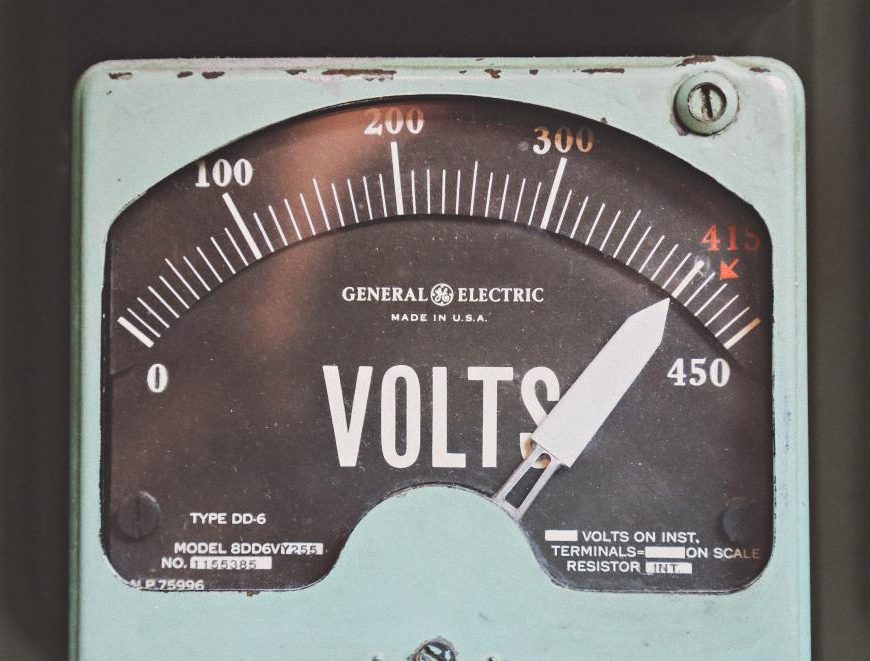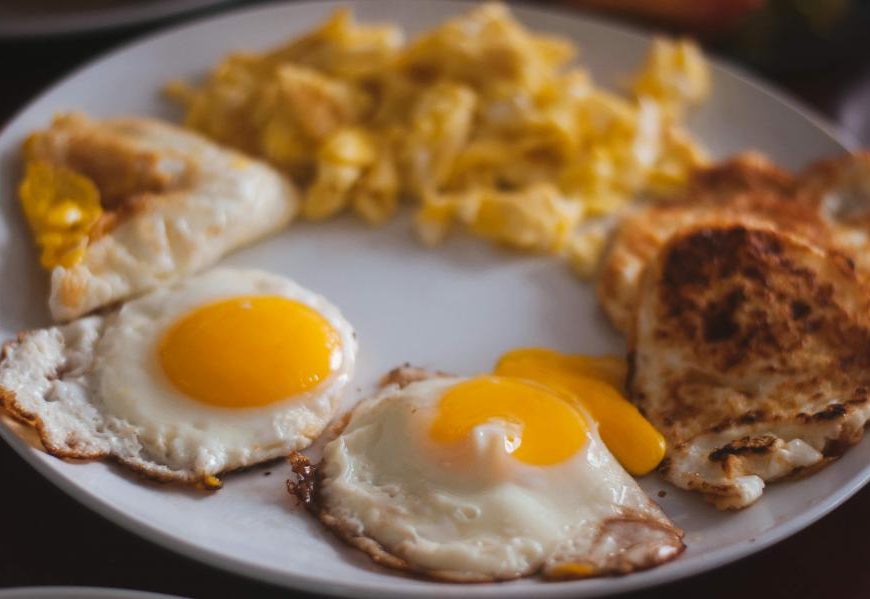Many people have this image in their head of Naturopaths being vegetarian hippies who walk around barefooted, treating their victims with witchcraft and alternative practices. The thing that bothers me in this definition, is the assumption that I am vegetarian. People assume vegetarians are healthier than meat eaters. Yet out of the ones I have met, they are generally unhealthier than the average meat eater. It’s not surprising why! They are missing out on a whole lot of goodness!
Types of vegetarians:
Lacto-vegetarian: eat dairy products but not eggs.
Ovo-vegetarian: eat eggs but not dairy products.
Lacto-ovo-vegetarian: eat dairy products and eggs – the most common type of vegetarian.
Pescatarian: eat fish plus maybe eggs and dairy products but not meat.
Vegan: do not eat dairy products, eggs or any animal derived products.
Pros
- More likely to eat more vegetables and fruit – more phytonutrients and antioxidants.
- Higher fibre diet – supports bowel health, lowers cholesterol and promotes healthy weight.
- Live longer – although it’s quality not quantity, right? I’d rather live a slightly shorter life enjoying meat than a longer life depriving myself of bacon!
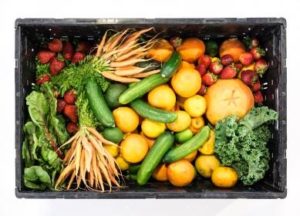
Cons
There are many nutrients that are difficult to obtain in vegetarian and vegan diets.
- Vitamin B12 is only found in animal foods e.g. meat, seafood, dairy products and eggs. Small amounts of B12 may be found in seaweed, fermented soy, spirulina and nutritional yeast, however, these small amounts are not sufficient. It is required for the synthesis of DNA and red blood cells. B12 is vital for the nervous system. It plays a role in heart health, as homocysteine levels increase with B12 deficiency, which is a marker of heart disease. Deficiency can result in anaemia due to its involvement in red blood cell formation.
- Iron is a well-known deficiency in vegetarians and vegans. Animal sources of iron contain haem-iron which is much more easily absorbed than non-haem iron found in plant sources. Non-haem iron is found in leafy green vegetables, beetroot, legumes, soy, dried fruit and molasses. Iron is the main nutrient required for the production of red blood cells, which carry nutrient and oxygen around the body. Iron deficiency commonly results in anaemia, which is experienced by most vegetarians and vegans at some point. Check out my Energiser Bunny Tonic.
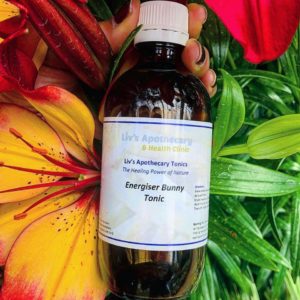
- Zinc is difficult enough for meat eaters to obtain enough of, let alone vegetarians and vegans. Zinc is found in oysters (highest source), beef, lamb, seafood, and small amounts in pumpkin seeds, chickpeas, cacao, cashews, mushrooms, spinach and chicken. Zinc is important for immunity, skin health (especially hormonal acne) wound healing, hormones, stomach acid production, and growth and repair of muscle. Zinc is deficient in our soils in NZ, along with iodine, selenium and magnesium.
- Vitamin A is only found in animal sources including liver, eggs, full fat dairy products and animal fat. Beta-carotene is an antioxidant that can be converted into vitamin A in the body. Although, consuming vitamin A in its active form improves utilisation. Beta carotene is found in orange and yellow fruit and vegetables e.g. carrot, pumpkin, kumara, apricot, mango, rock melon, capsicum, as well as leafy greens, tomatoes and peas. Vitamin A supports immunity, eyes, skin health and gut integrity where our nutrients are absorbed.
- B complex vitamins may be more difficult for vegetarians and vegans to obtain through diet. B vitamins are found in a wide range of foods including vegetables, grains, legumes, dairy, eggs and meat. However, the animal sources are rich sources. B vitamins are water-soluble, therefore, not stored in the body. It is important to consume them on a daily basis, similarly to vitamin C. B vitamins play the latest role in energy production and basically turning our food into usable energy. Many vegetarians and vegans suffer from low energy.
- Vitamin D foods only contribute a small percentage to our total intake, however, dietary intake still adds up. Our significant source is the sun. Food sources include liver, eggs, oily fish (e.g. salmon, mackerel, sardines and anchovies), full fat dairy products and animal fat. Vitamin D works in conjunction with calcium to support strong bones and teeth. Additionally, it plays a preventative role in cancer, autoimmunity, depression, diabetes and many other health conditions.
- Calcium is more difficult to obtain for vegans as most vegetarians consume dairy products. Oxalates found in leafy green vegetables like spinach and silver beet, reduce calcium absorption. Even though green vegetables are naturally rich in calcium, it is more difficult to absorb the calcium from them. Dairy products are the main source of calcium. Plant sources of calcium include green vegetables, tahini, figs, molasses, almonds, fish with edible bones, soy beans (including tofu) and oranges. Calcium is necessary for strong bones and teeth, and muscle contraction.
- Omega 3 is an essential fatty acid that cannot be synthesised in the body. It is found in the form of alpha-linolenic acid in plant foods. This must be converted into the active forms, EPA and DHA in the body. It is far more efficient consuming omega 3 in its active form, as this improves utilisation. Alpha-linolenic acid is found in chia seeds, flaxseeds/linseeds, hempseeds, walnuts and pecans. Omega 3 supports learning, memory and brain function (our brain is largely comprised of DHA). It is anti-inflammatory, and reduces blood pressure, cholesterol and heart disease.
- Cholesterol is only found in animal foods e.g. eggs, meat and dairy products. Our liver manufactures approximately 80% of the cholesterol in our body and the remaining 20% comes from diet. However, vegetarians and vegans may still be deficient despite liver production. Cholesterol is present in every cell of the body. It provides structure and stability to our cells. Most importantly, cholesterol is a precursor (raw material) to vitamin D, stress hormones and sex hormones. Low cholesterol can result in low vitamin D and important hormones in the body.
- Protein is made of building blocks called amino acids. Amino acids in different combinations form all of the proteins in our body including muscles, bones, blood cells, hair, skin and nails. Foods are either classified as complete or incomplete proteins. All animal sources are complete proteins e.g. meat, seafood, eggs and dairy products. Plant sources are incomplete proteins. For this reason, variety is key for vegans. Plants can be combined to form complete proteins. A common combinations is grains + legumes e.g. Indians eat dahl and rice, and Mexicans eat kidney beans and corn. The key message for vegans is to eat a variety of plant foods including grains, legumes, nuts and seeds.
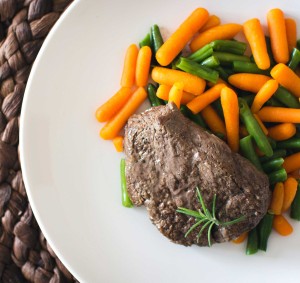
Superfoods from the animal kingdom:
- Liver contains protein, vitamin A (nature’s most concentrated source, as vitamin A is stored in the liver of animals), B vitamins (particularly B12) and iron. Liver can be made into pate or hidden in mince dishes. Choose organic where possible as animals (and humans) store and process toxins in their liver. Incorporate liver into meals each week. I recommend about 50g twice a week.
- Bone broth is a rich source of gelatin and the amino acid glutamine. Glutamine feeds our enterocytes to support gut health and absorption of nutrients. Enterocytes form the precious one cell layer thick lining of our small intestine where nutrients are absorbed. Alternatively gelatin powder and/or a glutamine supplement can be taken. I recommend 1-2 cups of bone broth per day. This can be taken straight or used as a base for soup.
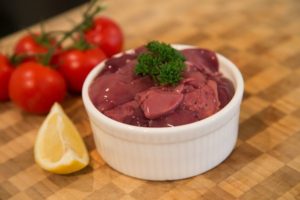
Phytates/phytic acid is a naturally occurring plant constituent found in grains, legumes, nuts and seeds. These compounds act as enzyme inhibitors in prevent the plant from germinating. Without phytates, these plant foods may start growing in our pantry. However, they reduce absorption of iron, zinc, calcium and magnesium. Soak and sprout/activate grains, legumes, nuts and seeds where possible to increase mineral absorption.
Flexitarian eating can provide the best of both worlds. You don’t have to be strictly vegetarian or vegan, or eat meat every day. Eat a high plant diet to receive the benefits of phytonutrients, antioxidants and fibre, while still eating moderate amounts of animal foods for the beneficial nutrients that they provide. Variety and moderation are key!
Supplements I recommend for most vegetarians/vegans are vitamin B12, iron, zinc, omega 3, plus sometimes B complex vitamins, vitamin A and protein powder. Most of these (except omega 3 and protein powder) can be obtained from a good multivitamin/mineral. I recommend vitamin D to everyone living in NZ in winter. Additionally, other supplements may be required depending on the individual person.
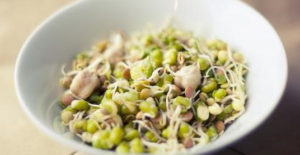
At the end of the day, it all depends on the quality of the foods you eat. People have a preconceived idea that vegetarians and vegans are healthier than the average meat eater. Unhealthy and nutrient deficient vegetarian/vegan diets are common. Many vegetarians/vegans overeat refined grains and sugar, and skimp on protein. While, many meat eaters consume a balanced diet with plentiful coloured vegetables alongside their meat.
The key message is, think twice before quickly deciding to go vegetarian or vegan. It is not a decision that should be taken lightly. Make sure that you are doing it for the right reasons.
If you do decide to become vegetarian or vegan, consult with me to ensure that your diet includes all of the vitamins and minerals that your body requires to function optimally!



